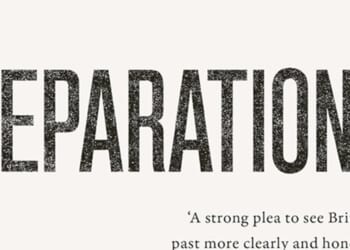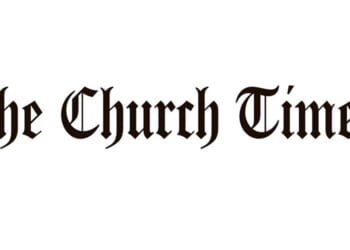(LifeSiteNews) — The United States of America has experienced a significant drop in religiosity over the past decade, according to an alarming new Gallup poll.
On Thursday, Gallup released the results of a survey finding that 49 percent of Americans call religion an important part of their daily life, down 17 points from 66 percent in 2015. Moreover, that is a larger drop than all but 14 of the world’s 160-plus nations have allegedly registered since 2007. Gallup notably promotes leftist views on various issues, including LGBT ideology and “climate change.”
“Most countries fall into one of four patterns: high religiosity with Christian identity; high religiosity with another religious identity (often Muslim majority, although there are several countries in the Middle East where Gallup does not ask religious identity questions); low religiosity with Christian identity; or low religiosity with no religious identity,” Gallup says.
“The U.S. no longer fits neatly into any of these categories, having a medium-high Christian identity but middling religiosity. In terms of religious identity, the percentage of Americans now identifying as Christian is similar to those of Western and Northern European countries such as the United Kingdom, Germany, Finland and Denmark, nations with strong Protestant traditions. Yet religion continues to play a larger role in daily life for Americans than for people in those countries.”
“Conversely, the importance of religion in daily life in the U.S. resembles that of countries such as Argentina, Ireland, Poland and Italy — where Catholicism is more influential — but significantly fewer Americans now identify as Christian compared with those populations,” Gallup adds.
The news follows an Axios report last month that some 15,000 churches are projected to close by the end of 2025, which noted a Pew survey finding a record number of Americans (29 percent) identify as religiously unaffiliated.
The findings appear to pour cold water on proclamations from some that a religious revival is underway in the United States, or at the very least indicate that such a revival would still be in its very early stages.
Polling on contemporary issues shows mixed results on the public’s adoption of moral and social values commonly associated with religiosity. Over the past decade, Gallup, Pew, and Marist have all found attitudes on abortion trending in an overall more “pro-choice” direction (though pro-life voters are more strongly politically motivated than pro-abortion ones).
On the other hand, polls consistently show the public is strongly opposed to the transgender agenda. Sixty-six percent of Americans oppose taxpayer funding for “gender transitions,” according to an April Cygnal poll, and Pew Research found that 66 percent support limiting athletic participation to actual members of a team’s designated sex, 56 percent support prohibiting “transition” procedures on minors, and 53 percent oppose forcing insurance companies to cover “transition” services. Another June Gallup poll found that not even half of Democrats support letting males compete in female sports. A month later the same polling outfit found 54 percent of Americans go so far as to call attempting to “transition” genders “morally wrong.”

















